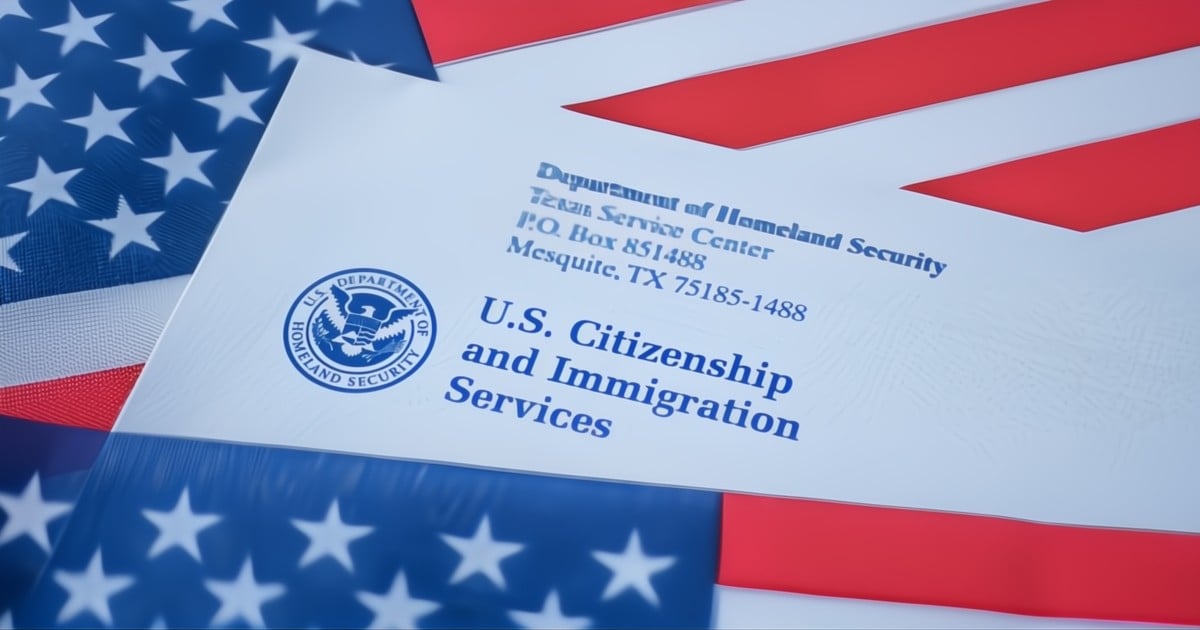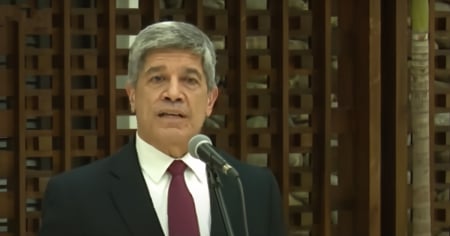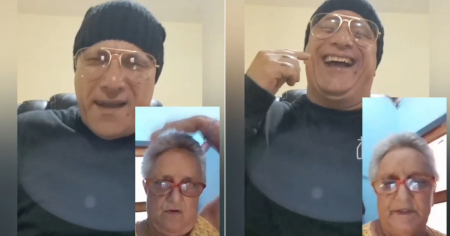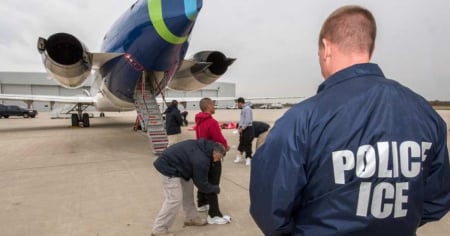
Related videos:
In November 2024, the U.S. Customs and Border Protection (CBP) approved only 50 humanitarian paroles under the program for citizens of Cuba, Haiti, Nicaragua, and Venezuela (CHNV).
This marked decline in approvals for humanitarian parole is an indication that the program is nearing its end, raising concerns among migrants from these nationalities who had found a safe and legal alternative to enter the country.
Of the 50 paroles approved, none benefited Cuban citizens. The report highlights that since the implementation of the process in January 2023, a total of 110,240 Cubans have managed to enter the United States legally under this program, as confirmed in October.
The countries that received new authorizations for legal travel to the United States under humanitarian parole were Haiti with 30 cases, Nicaragua with 10, and Venezuela with 10.
The total accumulated from the program is 531,670 migrants with approved paroles, which reflects the positive impact of the measure, although recent approvals have significantly decreased.
The stagnation in new approvals is due to the implementation of additional safeguards in the case review process, featuring more rigorous scrutiny of sponsors in the United States, utilizing biometric and biographical analysis, according to the Department of Homeland Security (DHS).
The CBP statement also emphasizes that since the introduction of these policies, irregular crossings by nationals from CHNV countries have decreased by 98%. They assert that this is due to the effectiveness of parole as a tool for managing migration in an orderly manner.
However, with the end of Joe Biden's administration and Donald Trump beginning his new term in the White House, a drastic change in U.S. immigration policies is anticipated. The parole option is numbered.
Frequently Asked Questions About Humanitarian Parole for Cubans and Other Migrants
Why did humanitarian parole approvals decrease in November 2024?
In November 2024, only 50 humanitarian paroles were approved for citizens from Cuba, Haiti, Nicaragua, and Venezuela, due to the implementation of stricter security measures by the U.S. Department of Homeland Security. These measures include more rigorous scrutiny of sponsors, utilizing biometric and biographical analyses.
How many Cubans have entered the United States through humanitarian parole since January 2023?
Since the implementation of the humanitarian parole program in January 2023, a total of 110,240 Cubans have entered the United States legally under this program as of October 2024.
What impact has humanitarian parole had on irregular border crossings?
The humanitarian parole program has significantly contributed to the reduction of irregular border crossings. Since the implementation of these policies, irregular crossings by nationals from Cuba, Haiti, Nicaragua, and Venezuela have decreased by 98%.
What changes are expected in the immigration policy of the United States with Donald Trump taking office?
With Donald Trump's entry as president in January 2025, significant changes in U.S. immigration policy are expected. The humanitarian parole is anticipated to be eliminated, which will directly impact migrants awaiting these permits.
What alternatives do Cubans in the U.S. have in light of the possible end of humanitarian parole?
Cubans who are already in the United States under the humanitarian parole program may explore options to regularize their status, such as applying for permanent residency under the Cuban Adjustment Act after one year in the country. This law allows Cubans to seek residency after one year and one day of entering on parole.
Filed under:






